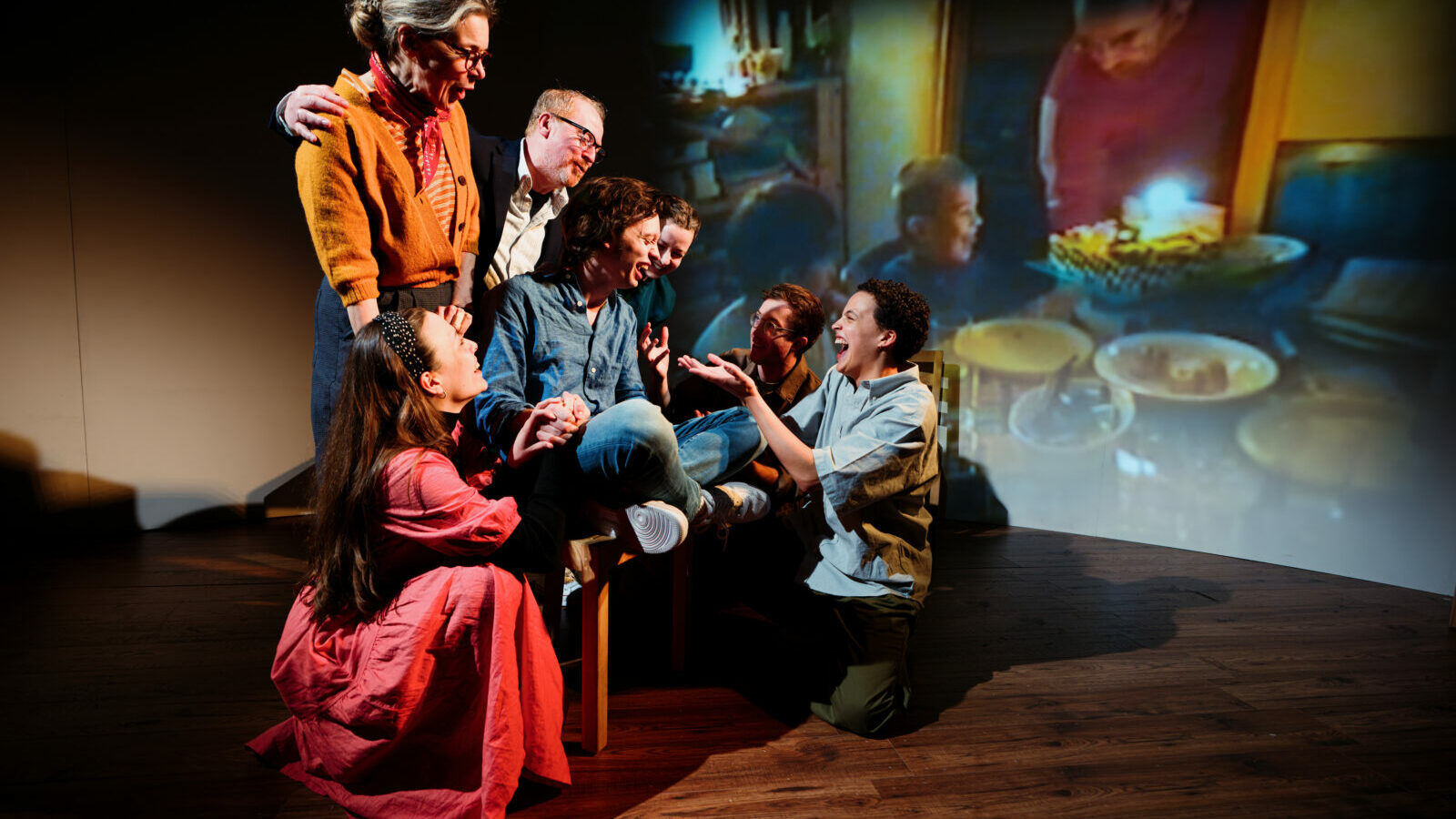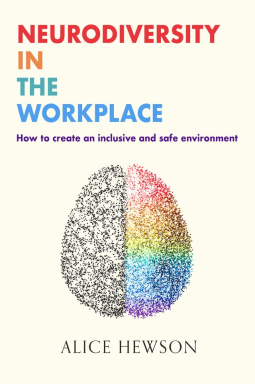“I died this morning. In the bath. I’m dead now. Am I dead, Mum?”
And so begins Stephen Unwin’s devastatingly powerful play, Laughing Boy, about the very preventable death of Connor Sparrowhawk, who drowned in a bath at the age of 18 while in the “care” of an NHS assessment and treatment centre on 4 July 2013.
Unwin’s play is a stage adaptation of Sara Ryan’s book, Justice for Laughing Boy, which tells the story of her son Connor’s death and the family’s lengthy fight for justice.
This culminated in an inquest jury verdict in 2015 that found Southern Health NHS Foundation Trust guilty of “very serious failings” and, in 2019, a record £2 million fine for the trust after a prosecution by the Health and Safety Executive.
Laughing Boy on stage captures perfectly the many layers of Ryan’s book. A mother’s anguish, despair and rage at the death of her much-loved son. The seemingly impregnable, inhuman, bureaucratic granite wall thrown up by the NHS. The depths of love that powered Connor’s devoted siblings from such a young age to continue, along with their mother, the campaign for justice for the brother they adored. The array of friends and supporters who were there for the family throughout and helped them over the line, particularly at times when all seemed lost.
A cast of seven play all the parts. Those playing the four siblings and stepdad Rich also appear as trust leaders, staff, barristers, supporters and others. These five actors glide backwards and forwards between characters with great dramatic panache – the pace onstage never lets up and, even if you know the whole story well, the tension and drama of it all still holds you taut.
Some characters, such as Katrina Percy, the disgraced chief executive of Southern Health, come across as grotesque caricatures – then I think back to news coverage and she was very much a grotesque caricature. There is no other way to play her.
When the unit psychiatrist Dr Giri Jayawant rang Ryan, who was on a bus going to work, to tell her Connor had been taken to hospital after being found unresponsive in the bath, she kicked off the conversation by saying, “Lovely day, isn’t it?” That isn’t dramatic caricature – that’s what she said.
In the most heartbreakingly poignant moment, Connor walks slowly from the stage, taking one last, longing look at his family as a door closes behind him, shortly before the final scene, his funeral. Until then, he has been on the stage throughout, asking questions, enjoying the company of his family.
His last question before he leaves is “Why, Mum?”
“I don’t know… I just don’t know,” replies Ryan.
And then there he is – gone. Because, of course, he hasn’t been with the family since he died on that hot July day. He’s been nowhere, sent there by the monumental indifference of a medicalised care system that never saw the laughing boy, just a bunch of symptoms they forgot about in a bath.
But, then again, here he still is, making us laugh, making us angry about what happened to him, making us rage at the sheer callous, careless, stupidity of it all, and making us cry about the beautiful young man who wasn’t allowed to have the rest of his life.
He is, indeed, still among us, affecting our thoughts, instantly recognisable in our minds as the quirky, insightful, unforgettable person that he was. This is all thanks to his incredible loving and fighting family and their supporters, the unstoppable power of Ryan’s voice and, now, a marvellous and beautifully fashioned telling of his story created by Unwin.
Each of these has done Connor Sparrowhawk justice – a justice denied him when he was alive.





